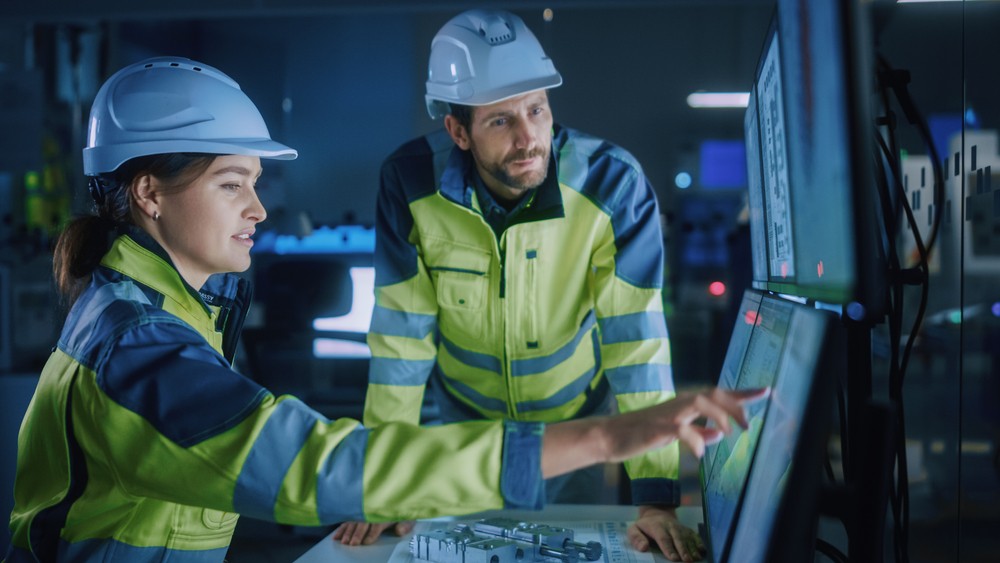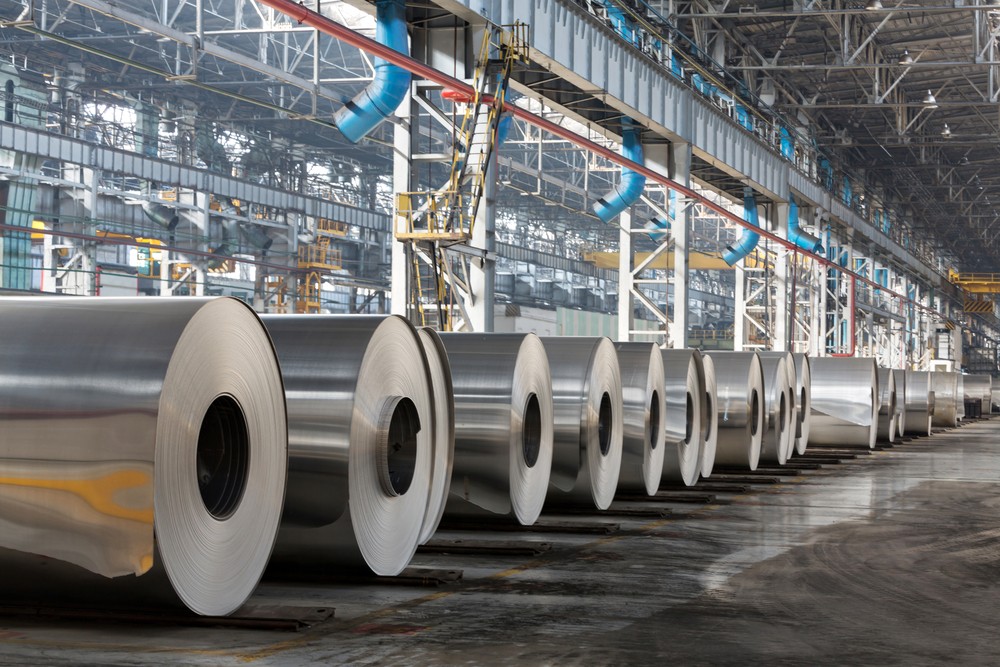The Era of Environmental Manufacturing Must Come Now

There’s simply no denying the threat of climate change as evidence of irreversible impact begins to creep into environmental reports. Record-setting heat waves in Europe. Biblical flooding in America’s heartland. A deteriorating Arctic shelf. It all comes back to the pollutive effects of modern society and the need to change the way we treat the planet. It’s a sentiment shared by stewards in every industry — including manufacturing.
On the edge of irreparable damage
The world is in a pivotal moment, with serious threats to the planet from irreparable climate change damage. If proactive measures aren’t taken immediately, there’s a high probability that human actions will permanently scar the world. Everyone has a part to play in curbing the effects of climate change, as does every industry.
The manufacturing industry, in particular, has a role in addressing climate change. As the foundation of producer economies, and the primary driver of consumer economies, manufacturing is responsible for both direct and indirect contributions to environmental sustainability. Identifying and mitigating these contributions is something more manufacturers are prioritizing.

Curbing environmental damage
There are countless ways for manufacturers to do their part and make changes that reduce environmental damage. Some of the ways manufacturers are going green — while saving money at the same time — include:
- Circular manufacturing. Manufacturing companies are becoming more sustainable by adopting regenerative production models. Circular manufacturing helps companies repurpose materials, recover resources, lend equipment as part of the sharing economy, and switch to renewable power sources.
- Green-focused production. Sourcing materials from sustainable supply chains and pivoting to more environmentally friendly materials are two ways to imbue finished products with a lower carbon footprint. Green-focused production can also encompass lean manufacturing methods that reduce waste.
- Embrace renewable energy. Today’s manufacturing operations should embrace clean, renewable energy. From solar photovoltaic to solar thermal technologies, heat pumps to biomass systems, manufacturers can generate their own electricity and heat — all while bringing down the total cost of operations.
Above all, manufacturers need to adopt an environmental-first mindset. Buying into philosophies like the Triple Bottom Line represents a step toward combating climate change in a meaningful way.

The shift toward a sustainable movement
Legislation is just one piece of the puzzle for addressing climate change. For example, the Inflation Reduction Act carves out $379 billion for climate and clean energy provisions. But it’s also up to individual businesses to go beyond what’s mandated and implement strategies that effect real change. Not only does this lower the carbon footprint for manufacturers, but it can also save money in the long run.
Manufacturers have a leading role when it comes to combating climate change. By switching to circular manufacturing models, adopting eco-friendly products and equipment, and embracing renewable energy, the manufacturing industry can lead the way toward a healthier planet and a more certain future.